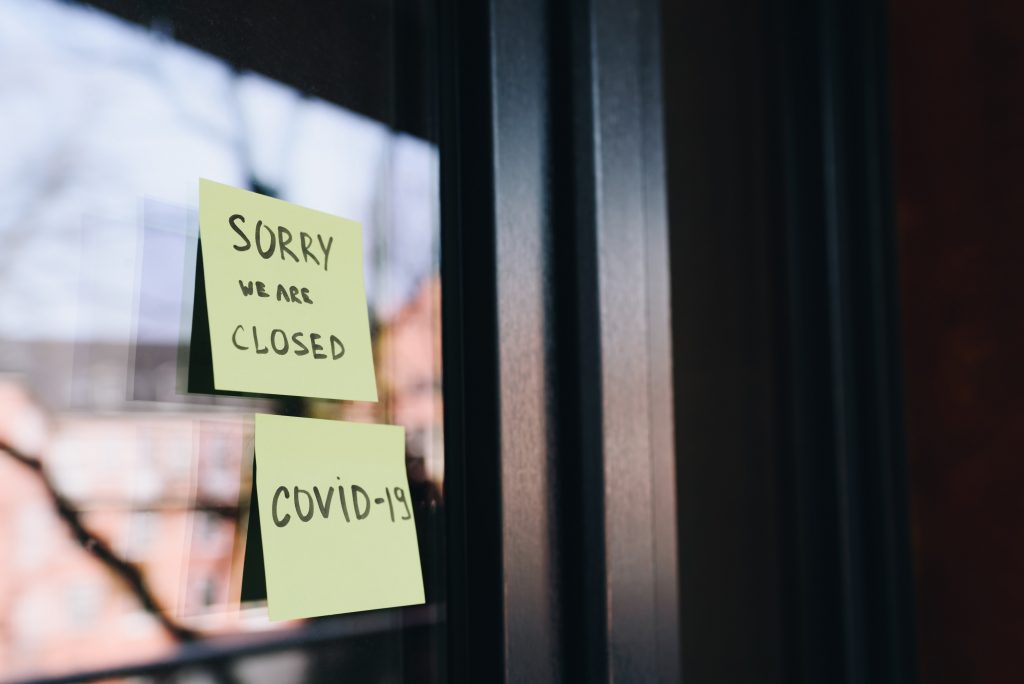$600 COVID Unemployment Ends Despite Uncertain Economic Outlook
“We’re nowhere near out of the woods yet,” says economist Betsey Stevenson on the potential of economic recovery.

A funding cliff looms at the end of this week for the enhanced unemployment benefits that millions of Americans have been relying on amid this pandemic. Republicans have released a proposal that includes a cut to the $600 weekly additional benefit, while Democrats want it extended into the next year.
“This COVID epidemic has really shined a spotlight on the gaps in our safety net in the United States and some of those gaps are just enormous.” — Charles Ballard, Michigan State University
With negotiations in Congress still underway, what’s at stake for the approximately 30 million Americans currently receiving enhanced unemployment benefits?
Listen: What’s next for enhanced unemployment benefits?
Guests
Betsey Stevenson is a Former Member of the President’s Council of Economic Advisers and currently an academic economist specializing in labor and public policy at the University of Michigan. She says that the Republicans’ reluctance to extending the unemployment benefit stems from the idea that the enhanced benefit is deterring people from getting back to work.
Stevenson millions of Americans are still out of work and if there are jobs available, the labor force has changed dramatically. “We’re not going to have the same kinds of jobs coming back,” says Stevenson. On the National Economic Council Director Larry Kudlow’s assertion that indicators are pointing to a “V” shaped economic recovery, Stevenson says, “That’s the most ridiculous thing I’ve ever heard.” She says unemployment is still sky high and that the virus has yet to be contained. “We are seeing permanent job loss accelerate,” says Stevenson.
Charles Ballard, professor of economics at Michigan State University, says unemployment rates are a lagging indicator, making it difficult to know precisely the current state of joblessness.
“Things have been moving so fast over the last few months that it’s hard to tell where we are,” says Ballard. Despite this uncertainty, he expects that unemployment rates are still in the double digits. He says the debate around enhanced unemployment benefits has highlighted the disparities in America’s economy. “This COVID epidemic has really shined a spotlight on the gaps in our safety net in the United States and some of those gaps are just enormous,” says Ballard.
Trusted, accurate, up-to-date
WDET is here to keep you informed on essential information, news and resources related to COVID-19.
This is a stressful, insecure time for many. So it’s more important than ever for you, our listeners and readers, who are able to donate to keep supporting WDET’s mission. Please make a gift today.
